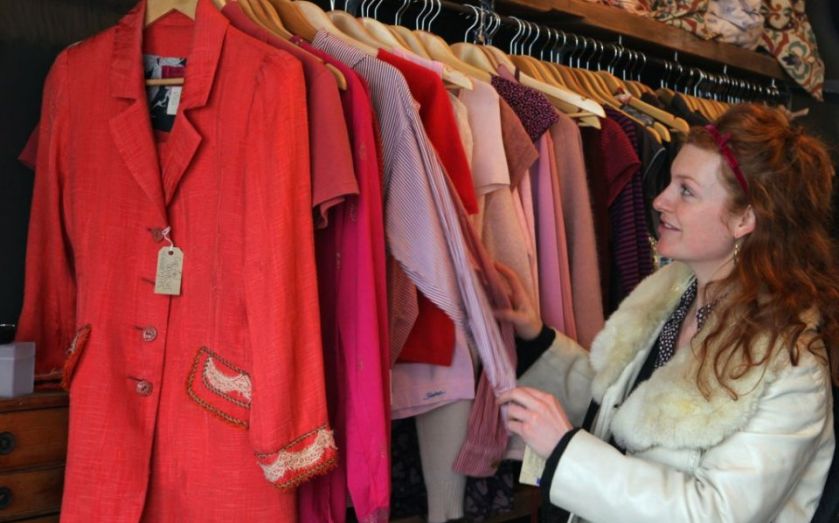UK inflation falls back to zero as Britain returns to “noflation” territory

The falling price of clothes and food meant that Britain's consumer price index slipped back to zero last month, from a 0.1 per cent increase in May, and coming in line with economists' expectations.
Figures released today by the Office for National Statistics showed clothing and footwear prices fell by 0.4 per cent in the month to June, and food prices slipped 0.2 per cent during the same period. Additionally core inflation, which strips out volatile sectors such as food and energy, fell to 0.8 per cent from 0.9 per cent.
While it remains well below the Bank of England's two per cent target rate setters have stressed that it will benefit the British economy. The central bank expects inflation to hover around zero before rising "notably" towards the end of this year.
Today analysts said that zero inflation will discourage Threadneedle Street against raising rates from their record low 0.5 per cent.
"Inflation of below 1 per cent over the rest of this year should give the monetary policy committee enough breathing space to leave interest rates unchanged at least until early 2016," Rain Newton-Smith, CBI Director of Economics, said.
Read more: Inflation back to zero – here's what the analysts said
But there are signs that the Bank of England's monetary policy committee (MPC) could become split over when to hike interest rates from their historic low of 0.5 per cent. Martin Weale, one of two members MPC members who dropped their calls for a hike amid falling inflation in January, recently said the bank could hike the cost of borrowing as early as August.
MPC members have to square low inflation with a strong jobs market, as well as wage growth.
Official figures out tomorrow are expected to show that the labour market continues to improve, but at a reduced rate compared to earlier in the year. At the same time, economists think wages grew at their fastest pace in around five years, rising 3.3 per cent in the three months to May.
Read more: Bank of England MPC could split over timing of first interest rate rise